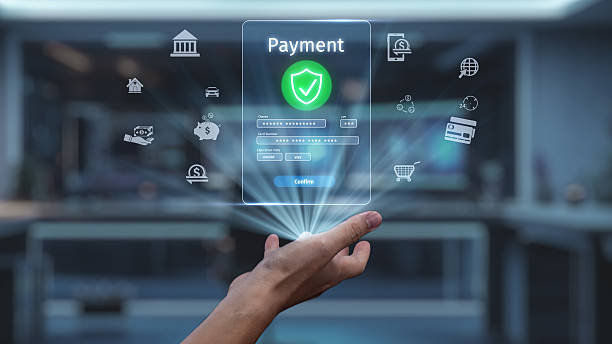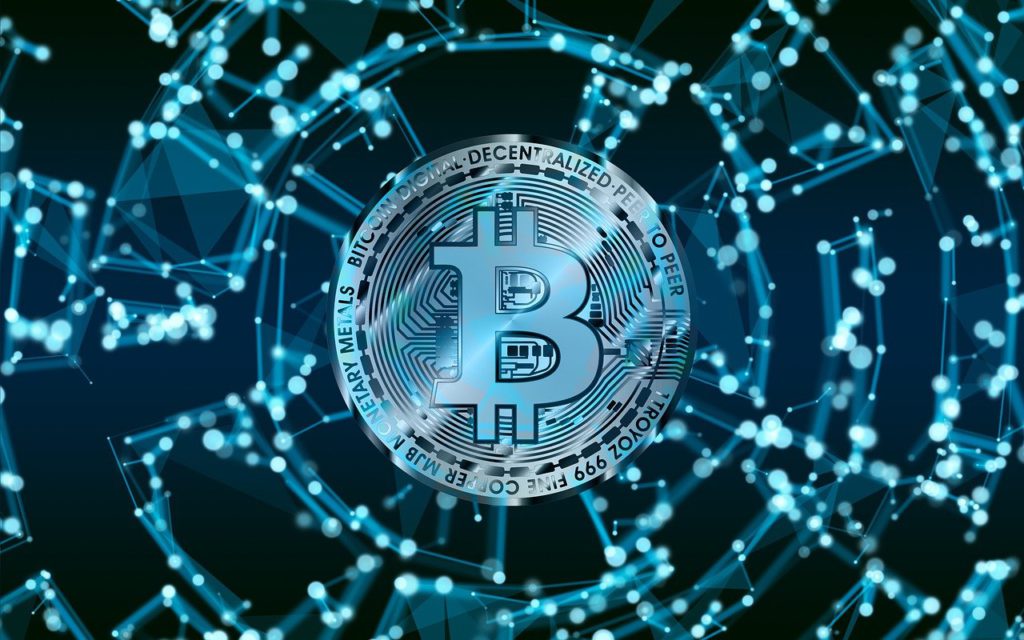
The future of finance
Posted by
Hey future leaders! If you’re reading this article or the Guide to Business and Entrepreneurship, you’re already thinking ahead about what comes next after high school (or even college). Maybe you’re considering a career in business or finance, but associate those industries with stuffy suits, huge skyscrapers, and endless spreadsheets. And none of those associations holds any appeal whatsoever.
We get it! But here’s a little secret. The world of finance is undergoing a massive, rapid, and incredibly cool transformation — one driven entirely by technology and putting individuals firmly in control.
The foundations of how we save, spend, and invest continue to evolve. While this shift is rocking the boat for massive banks, it’s also making it easier to invest according to your values. If you love tech, solving problems, or learning how global change happens, check out a future in finance.
The fintech revolution: Your phone is the new bank
“Fintech” is a mashup umbrella term that combines “financial technology.” It refers to any technology that automates or enhances the delivery and use of financial services. Fintech takes everything a traditional bank does and makes it faster, less expensive, and available on your phone 24/7.
What fintech looks like in the real world:
- Payment apps: Sending money instantly to a friend using Zelle, Venmo or another app? Thank fintech!
- Robo-advisors: Automated investment platforms like Wealthfront and Betterment that manage your money using smart algorithms, often for much less than a human advisor. They use AI to analyze your goals and risk tolerance and build a portfolio for you.
- Super apps: These platforms, primarily used in Asian countries, consolidate your banking, investing, budgeting, and insurance into one digital command center for a more seamless financial life.
The big takeaway? Fintech is democratizing finance. For decades, only the super-rich had access to sophisticated investment tools and financial advice. Now, thanks to low-cost digital platforms and zero-commission trading (you don’t pay a fee every time you buy a stock), anyone with a smartphone can start investing. This accessibility has reduced the advantages that traditional, massive financial institutions once held.

The digital backbone: Crypto and blockchain
You’ve probably heard of cryptocurrencies like Bitcoin and Ethereum, but the real game-changer isn’t the digital cash itself. It’s the technology powering it: blockchain.
Cryptocurrency (crypto) is a digital or virtual currency secured by cryptography. Unlike the dollar or euro, a government or central bank doesn’t typically issue or control it. Blockchain is more like a digital ledger (or record book) shared and duplicated across a vast network of computers. It’s also:
- Decentralized: No single person or entity owns the ledger, making it more secure because to change a transaction, you’d need to change the record on thousands of computers simultaneously, which is almost impossible.
- Transparent: Every transaction is recorded and visible to everyone on a network (though individuals remain anonymous).
- Diverse: Companies use blockchain to track supply chains, secure medical records, and power tokenization (the process of putting real-world assets like real estate or art onto a digital ledger to make it easier to buy and sell them in small chunks).
Businesses have chosen to invest heavily in blockchain technology because it can eliminate slow and expensive middlemen, while also creating trust. If you learn how this technology works, you’ll be one of the people building the next generation of financial infrastructure.

The new equity markets
To understand how individual investors are winning, let’s quickly define the traditional stage. First, we have equity markets, where individuals buy and sell shares of company stock. (When you buy stock, you’re buying a tiny slice of ownership — equity — in a company). Next are stock exchanges, like the New York Stock Exchange (NYSE), which are centralized marketplaces where trading takes place.
For years, only large institutional investors, like hedge funds or mutual funds, had access to the best research and fastest trades. But technology has completely shaken up this system. Today’s trading apps put the power of equity markets into the hands of anyone with a smartphone. You don’t need a huge brokerage account or a fancy degree to play the stock market game. You can buy fractional shares (tiny slices of expensive stock) for free, instantly, from your phone.
Because information is free and instantly available to anyone, the old institutional advantages continue to shrink. Investors, particularly younger ones, now have access to the same tools and data once reserved for Wall Street elites. The takeaway? People can start building wealth sooner and on their own terms.
Investing with purpose: The rise of ESG
Changes in finance include lower costs and faster speeds, but that’s not all. Enter values, and one of the biggest current trends in corporate investing: ESG investing. ESG stands for environmental, social, and governance, a set of criteria investors use to judge a company’s performance beyond its financial numbers.
- Environmental (E): How does the company impact the natural world (e.g., carbon emissions, waste management, renewable energy use)?
- Social (S): How does the company treat people (e.g., labor practices, diversity, community relations)?
- Governance (G): How is the company led (e.g., executive pay, audits, shareholder rights)?
If you invest in the future, you’ll choose to support companies that align with your worldview, right? When millions of investors demand better ESG scores, businesses of all sizes must change how they operate — fast. If investors stop putting money into companies that pollute or have bad governance, those companies lose access to the capital markets (the system used to raise money) and struggle to survive. It’s a perfect example of how individual ethics, powered by technology that makes ESG data easily viewable, drive massive corporate change.

What does the future mean for you?
Continuous disruption defines and guides the financial world. If you choose a career path in business, you won’t need to crunch numbers by hand; you will need to understand how technology drives finance and how to apply that technology ethically.
AI has already taken over the “math” of finance, like portfolio management and tax optimization. Human professionals have begun shifting their focus to roles revolving around psychology, goal-setting, and helping clients navigate major life changes — the stuff a robot can’t do.
If you like coding, you could build the next super app. If you’re drawn to ethics and policy, you could help regulate AI in finance. If you want to solve global problems, you could design blockchain solutions for supply chains. The door is wide open for interdisciplinary skills.
If these topics — AI, cryptography, disruptive business models, corporate ethics — sound interesting, look into summer programs, high school classes, pre-college and college courses that blend business, computer science, and economics. Welcome to a revolution in banking and finance and, even more, a revolution in opportunity.
Blog Categories
- Career Advice
- College Admissions
- Colleges & Universities
- Financial Aid and Scholarships
- For Counselors
- For Parents
- For Students
- Gap Years
- Mental Health and Wellness
- Online Learning
- Performing and Visual Arts
- STEM Majors and More
- Summer Programs
- Teen Volunteering
- Trade & Vocational Schools
- Tutoring & Test Prep

Organization with listings on TeenLife? Login here
Register for Free
We’re here to help you find your best-fit teen-centered academic and enrichment opportunities.
Forgot Password
"*" indicates required fields








